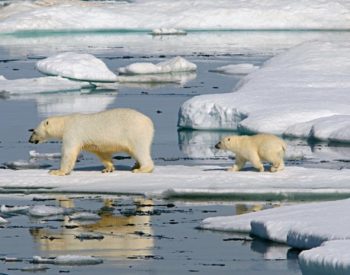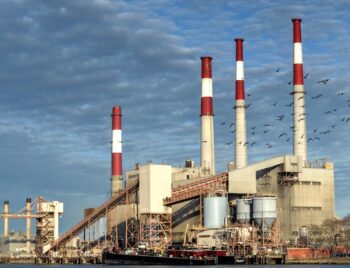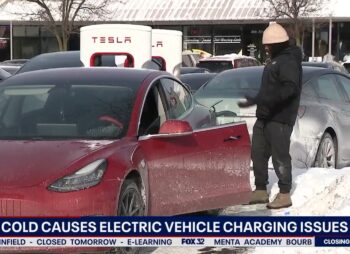
When the inevitable blizzard strikes the East Coast, scientists and environmentalists pop up to warn the public against skeptics who argue winter storms disprove global warming.
But when a hurricane rolls around, those same folks come out of the woodwork to claim such storms are harbingers of things to come as the world warms from human activities.
Hurricane Matthew is no exception.
“Hurricane Matthew is super strong — because of climate change,” Joe Romm, the climate editor at ThinkProgress, recently wrote.
The Huffington Post claimed Matthew “is a reminder of climate change’s potential to turn seasonal weather events into extreme, year-round threats.”
Liberal blogs Slate and Grist have run pieces claiming major hurricanes, like Matthew, shouldn’t be appearing in October. Global warming is the only explanation for it, they claim.
These same publications attacked Republicans who cited winter 2014’s “Polar Vortex” as a major hole in predictions of catastrophic global warming. ThinkProgress, for example, hit Oklahoma Sen. Jim Inhofe for arguing “freezing temperatures across the country to explain climate change science is both ‘laughable’ and rigged.”
The White House even got involved. President Obama’s science czar John Holdren put out a video arguing the “polar vortex” didn’t disprove global warming — in fact, the freezing winter was caused by global warming, he argued.
“If you’ve been hearing that extreme cold spells like the one we’re having in the United States now disprove global warming, don’t believe it,” Holdren said in a 2014 White House video. “The fact is that no single weather episode can either prove or disprove global climate change.”
“On our current path of unrestricted carbon pollution, NOAA researchers have determined that parts of the East Coast would see Sandy-level storm surges every year by mid-century,” Romm wrote.
“[W]e’re fairly certain that, whether we see more or fewer tropical cyclones, we will see more intense hurricanes and super-typhoons, like Katrina, and Sandy and Haiyan and Patricia and now Matthew,” Penn State University climate scientist Michael Mann told HuffPo.
Such claims are especially interesting because they are just that: claims. It will be decades before scientists can verify if global warming has, or will continue to, make storms more powerful.
















